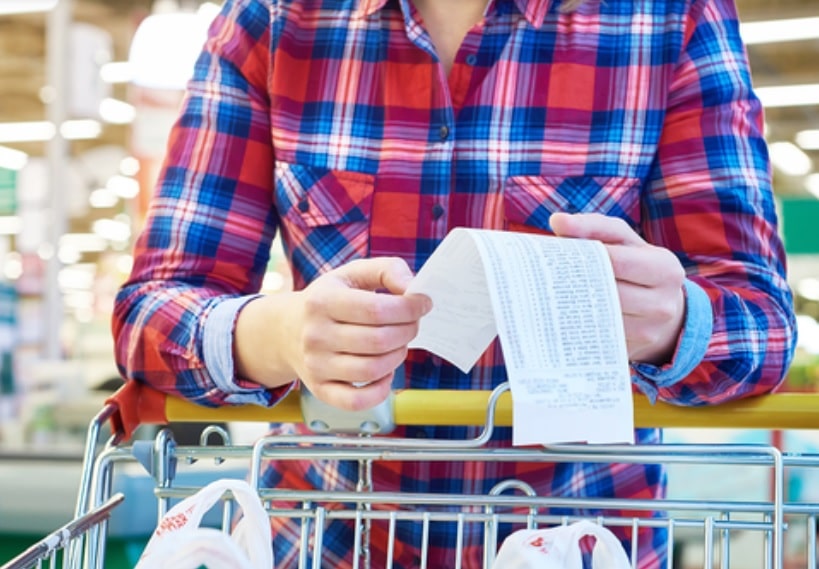
It’s happened to everyone before – your coupon won’t scan correctly, your digital coupon wasn’t applied, the coupon you thought was valid was handed back to you by the cashier. And with no real recourse, you ended up paying more at the register than you thought you would.
Some stores are just “coupon friendlier” than others. And some – which couponers in a new survey are happy to mention by name – are not.
Market Force Information has released the latest in its mostly-annual series of Grocery Panel Studies, in which it surveys grocery shoppers about their experiences with and opinions about their local stores, based on a variety of attributes.
While the survey largely focused on what shoppers like about their preferred grocery stores, those shoppers were also asked what they disliked. Out-of-stock items was the most frequently cited “problem experience” that survey respondents said they’ve had while grocery shopping. That was followed by being charged the wrong price, experiencing slow or long checkout lines, inadequate store staffing, poor quality or freshness of items, and – oddly enough – having an issue with shopping carts or hand baskets. Those wonky shopping cart wheels that turn left when you’re trying to turn right can really spoil your shopping experience, after all.
Next on the list, though, was a more serious and costly concern – problems redeeming coupons. And a handful of stores were rated worse in this regard than most others. Six of the more than 40 grocery chains included in the survey had greater than average problems with coupons, as cited by shoppers – all of them owned by either Kroger or Albertsons.
As compared to all other stores, Kroger-owned Fry’s earned just slightly above the average number of mentions for problematic coupon experiences. In ascending order, Albertsons-owned Jewel-Osco, Safeway and Albertsons itself were further above average. Kroger-owned Food 4 Less had more than twice as many “problems redeeming coupons” mentions as the average store. And at more than three times the average, Kroger-owned Fred Meyer topped the list of stores most frequently-cited as the most problematic and least coupon-friendly place to shop.
So be careful when you go couponing at Fred Meyer, or you might end up paying more than you expect, more frequently than you bargained for.
Whether it’s coupons, or loyalty programs, or everyday low prices, “consumers are still focused on pricing and promotions” when picking their favorite grocery store, Market Force found. But “slowing inflation has allowed them to also choose grocers based on convenience, cleanliness, and variety of merchandise available.”
When asked the most important factors in choosing a grocery store, two-thirds said “convenient location,” while half cited “good sales and promotions” and 43% sought out “good loyalty or rewards programs.” When asked what a store could do to get them to shop there more often, most cited “better service,” but “more promotions and offers” and “better pricing” were not far behind.
Overall, Trader Joe’s, Wegmans, Publix, ALDI and Sam’s Club were cited as shoppers’ favorites, when asked which stores they felt most loyal toward. But loyalty doesn’t necessarily translate to higher spending. “Consumers using these brands spread their grocery dollars around,” Market Force found. H-E-B, Fry’s, King Soopers, Brookshire’s and Food Lion earned the greatest “share of wallet” among those who shop there. In other words, shoppers at those stores are most likely to spend the majority of their grocery dollars there.
Among many other factors, then, the ease of using coupons can certainly impact where you choose to do most of your grocery shopping. You may end up paying more than you anticipated if your coupons are denied. But retailers that make redeeming coupons seamless and simple are likely to find that you may end up devoting a lot more of your grocery budget to them.
Image source: Fred Meyer










